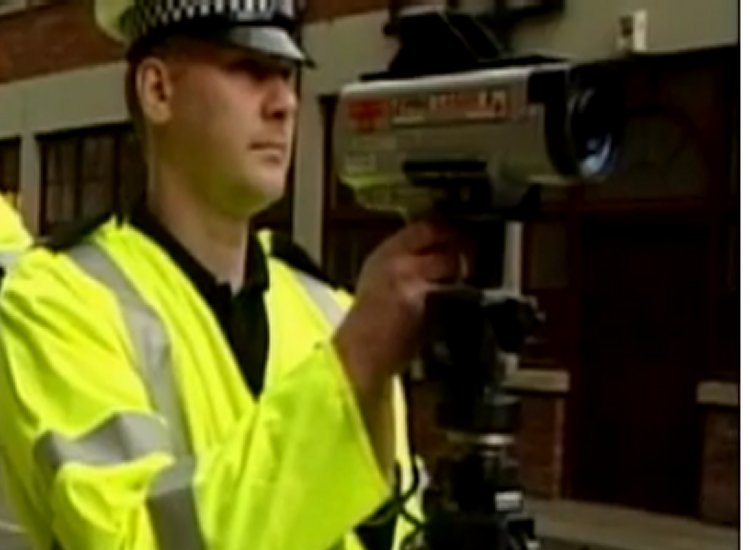

An Garda Síochána is studying new speed camera technology that will be able to detect drivers who are not wearing a seat belt or using a mobile phone.
The technology will be part of a planned €100 million investment in new traffic surveillance systems, which will be installed, maintained and operated by a private company, reports Irish Times.
If the relevant laws are passed by the Oireachtas, the new cameras can also detect if drivers are illegally using bus lanes or breaking traffic lights.
The new system will replace the Gardai’s existing contract with private provider GoSafe, which operates around 1,400 security camera zones across the country.
Currently, the cameras can only monitor when drivers are observing the speed limit.
In addition to viewing seat belts and using cell phones, the new camera network could be expanded to enforce speed limits by monitoring the time it takes for a vehicle to travel a given route, reports Irish Times.
A similar system is used in the Dublin Harbor Tunnel. This means that even after adhering to the speed limit, drivers can still be caught speeding.
Details of the Garda requirements are included in the tender documents released over the weekend. Garda said it is seeking market intelligence on the possibility of using a private service for “the provision, installation, commissioning, maintenance and operation of safety cameras for the monitoring of vehicle speeds”, reports Irish Times
“These proposed services may be expanded in the future (subject to legislative changes) to include, but not limited to the following; no seat belt detection, the use of mobile phones, average/variable speed detection and compliance with traffic lights and bus lane usage,” reports Irish Times.
Garda said it tries to learn about “opportunities for emerging technologies and innovation” before issuing a formal bid. The contract runs for six years and costs an estimated 100 million euros, it said, reports Irish Times.
Tell us your thoughts in the Facebook post and share this with your friends.


